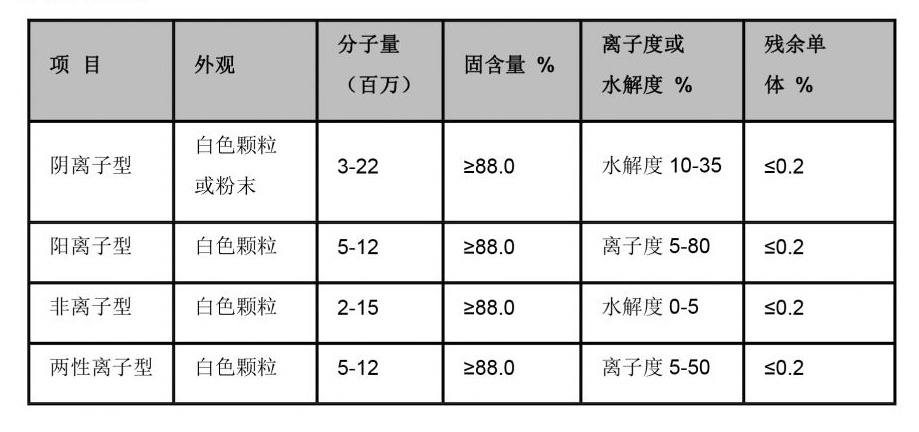corrosion scale inhibitor
Corrosion Scale Inhibitors A Critical Element in Material Protection
Corrosion is an inevitable process that affects various materials, particularly metals, leading to significant economic losses and safety hazards in multiple industries. As such, developing effective methods to mitigate corrosion is paramount. Among the numerous strategies employed, the use of corrosion scale inhibitors has gained considerable attention in recent years. These inhibitors play a vital role in protecting metal surfaces from corrosion, thereby extending the lifespan of equipment and structures.
Understanding Corrosion
Corrosion is a natural phenomenon that results from the reaction between metals and their environment, primarily involving moisture, oxygen, and electrolytes. Common forms of corrosion include uniform corrosion, pitting, galvanic corrosion, and crevice corrosion. The factors contributing to corrosion include temperature, pH, presence of salts, and exposure to oxygen. In various settings, such as marine environments, chemical processing plants, and even municipal water systems, corrosion can lead to catastrophic failures if not addressed adequately.
The Role of Scale Inhibitors
Corrosion scale inhibitors are chemicals added to fluids to reduce the formation of scale and corrosion on metal surfaces. These inhibitors work by various mechanisms, including forming a protective film on the metal surface, reducing the solubility of the scale-forming materials, and modifying the properties of the corrosion medium to minimize metal degradation. The use of these inhibitors is prevalent in industries such as oil and gas, water treatment, power generation, and manufacturing, where corrosive conditions are a constant concern.
Types of Corrosion Scale Inhibitors
There are several types of corrosion scale inhibitors classified based on their chemical composition and mechanism of action
. Some of the most commonly used inhibitors include1. Organic Inhibitors These compounds contain heteroatoms such as nitrogen, oxygen, and sulfur, which allow them to adsorb onto the metal surface, forming a protective layer. Common examples include amines, carboxylic acids, and thiol compounds.
2. Inorganic Inhibitors This category includes chromates, phosphates, and nitrites. These compounds work by promoting the formation of passive oxide layers on the metal surface, thereby preventing further corrosion.
corrosion scale inhibitor

3. Natural Inhibitors Some naturally occurring substances, such as plant extracts, have shown promising results as corrosion inhibitors. These eco-friendly options are gaining interest due to increasing environmental awareness and regulations.
4. Hybrid Inhibitors These inhibitors combine the properties of organic and inorganic compounds to enhance their effectiveness. They are designed to provide a multi-faceted approach to corrosion prevention.
Application of Corrosion Scale Inhibitors
The application of corrosion scale inhibitors varies widely among industries. In water treatment, for instance, these inhibitors are used to prevent scale formation in pipes and heat exchangers, improving efficiency and reducing maintenance costs. In the oil and gas sector, inhibitors are crucial in managing the corrosive effects of produced water and the sour crude oil often encountered.
In manufacturing, corrosion inhibitors are often integrated into cooling systems and hydraulic fluids to protect machinery components. By incorporating these inhibitors into operational processes, industries can significantly reduce downtime and extend the lifecycle of expensive equipment.
Challenges and Considerations
While the benefits of corrosion scale inhibitors are clear, there are challenges associated with their use. The effectiveness of an inhibitor may be influenced by the specific environmental conditions, including temperature, pressure, and the presence of other chemicals. Furthermore, the selection of the appropriate inhibitor must consider factors such as compatibility with the materials in use, potential toxicity, and environmental regulations.
Additionally, long-term exposure to inhibitors can sometimes lead to unforeseen side effects, such as the displacement of other essential chemical equilibria, which could result in different forms of corrosion. Therefore, continuous research and development are crucial in understanding these compounds and optimizing their usage in various applications.
Conclusion
Corrosion scale inhibitors are a critical component in the fight against corrosion, offering a sustainable and effective means of protecting materials across various industries. As technology advances and our understanding of these inhibitors deepens, their implementation will undoubtedly become more sophisticated, paving the way for safer and more efficient industrial practices. By investing in corrosion control methods, industries can save on costs, increase safety, and protect the environment for future generations.
-
Water Treatment with Flocculant Water TreatmentNewsJun.12,2025
-
Polymaleic AnhydrideNewsJun.12,2025
-
Polyaspartic AcidNewsJun.12,2025
-
Enhance Industrial Processes with IsothiazolinonesNewsJun.12,2025
-
Enhance Industrial Processes with PBTCA SolutionsNewsJun.12,2025
-
Dodecyldimethylbenzylammonium Chloride SolutionsNewsJun.12,2025





